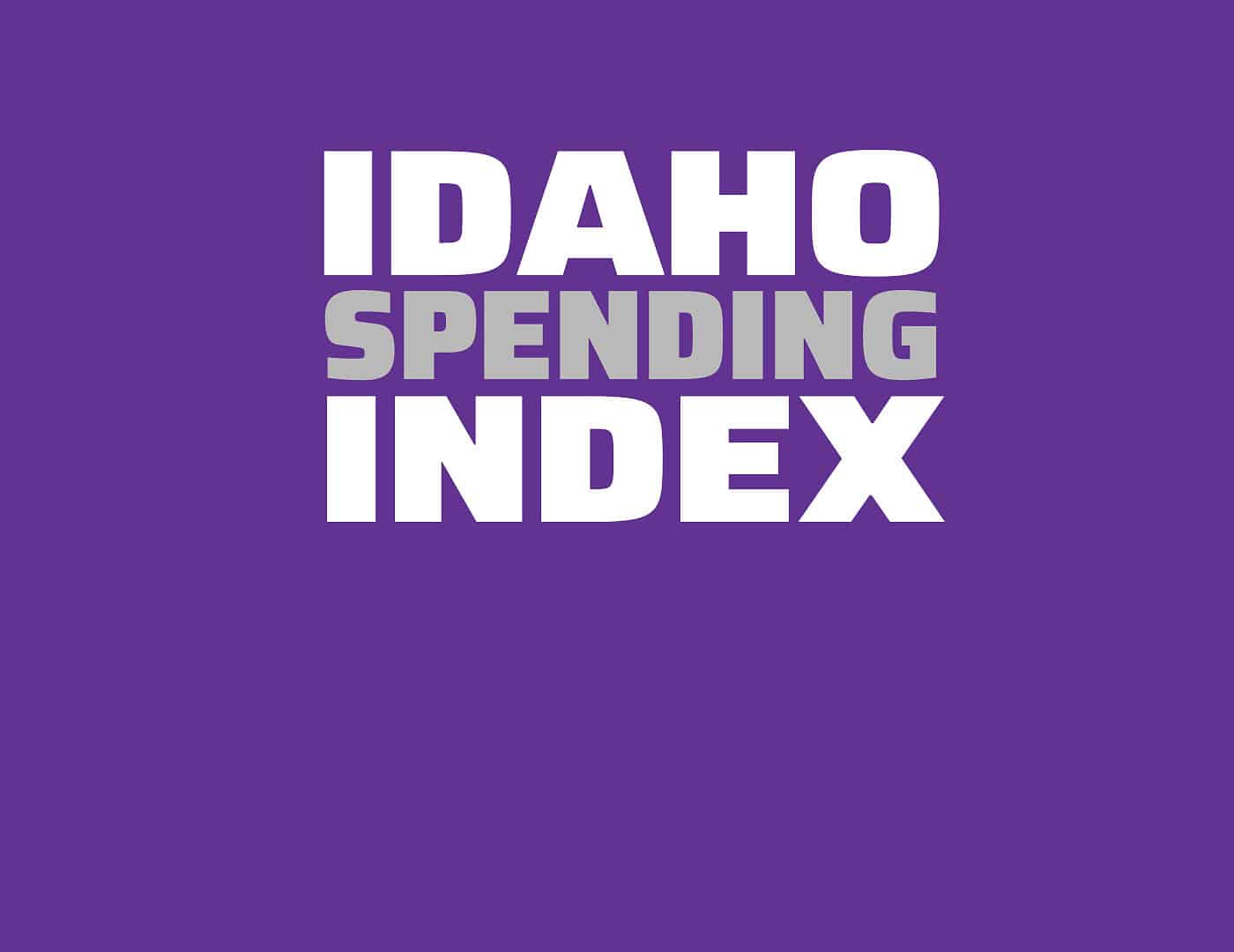


The Idaho Spending Index serves to provide a fiscally conservative perspective on state budgeting while providing an unbiased measurement of how Idaho lawmakers apply these values to their voting behavior on appropriations bills. Each bill is analyzed within the context of the metrics below. They receive one (+1) point for each metric that is satisfied by freedom-focused policymaking and lose one (-1) point for each instance in which the inverse is true. The sum of these points composes the score for the bill.
Analyst: Niklas Kleinworth
Rating: 0
Bill Description: Senate Bill 1164 appropriates $107,615,700 and 702.58 full-time positions to the Department of Labor for fiscal year 2024.
Is the maintenance budget inappropriate for the needs of the state, the size of the agency, or the inflationary environment of the economy? Conversely, is the maintenance budget appropriate given the needs of the state and economic pressures?
This legislation sets the maintenance budget for the Department of Labor at $103,623,300, growing from the base by 8.1% over the last three years. This rate is slower than the rate of inflation over the same period, demonstrating modest growth in the cost to maintain the agency.
(+1)
Does this budget perpetuate or expand state dependence on federal dollars, thereby violating principles of federalism? Conversely, does this budget actively reduce the amount of federal dollars used to balance this budget?
More than 83% of the Department of Labor’s total budget appropriated in this legislation is federally sourced. Furthermore, approximately 626 of its 702 full-time positions — that is about 88% — are federally funded. These factors indicate that the Department is deeply reliant on federal funding to sustain its operations.
(-1)
Does this budget contain hidden fund transfers or supplemental expenditures that work to enact new policy or are not valid emergency expenditures? Conversely, are fund transfers only made to stabilization funds or are supplemental requests only made in the interest of resolving valid fiscal emergencies?
Senate Bill 1164 makes a supplemental net-zero fund transfer within the agency to align the budget with the balance appropriated for the Luma project. Historically, the Department was exempt from a provision in Idaho Code that would prevent them from transferring funds between programs. This exemption was not included in the budget for the 2023 fiscal year with the expectation that the new Luma program would go live during that time. Ultimately, this program will not go live during the 2023 fiscal year, requiring another transfer exemption to be added to their budget for these funds to be made available. Being that this is a budget correction, this aspect of the budget is rated neutrally.
(0)


